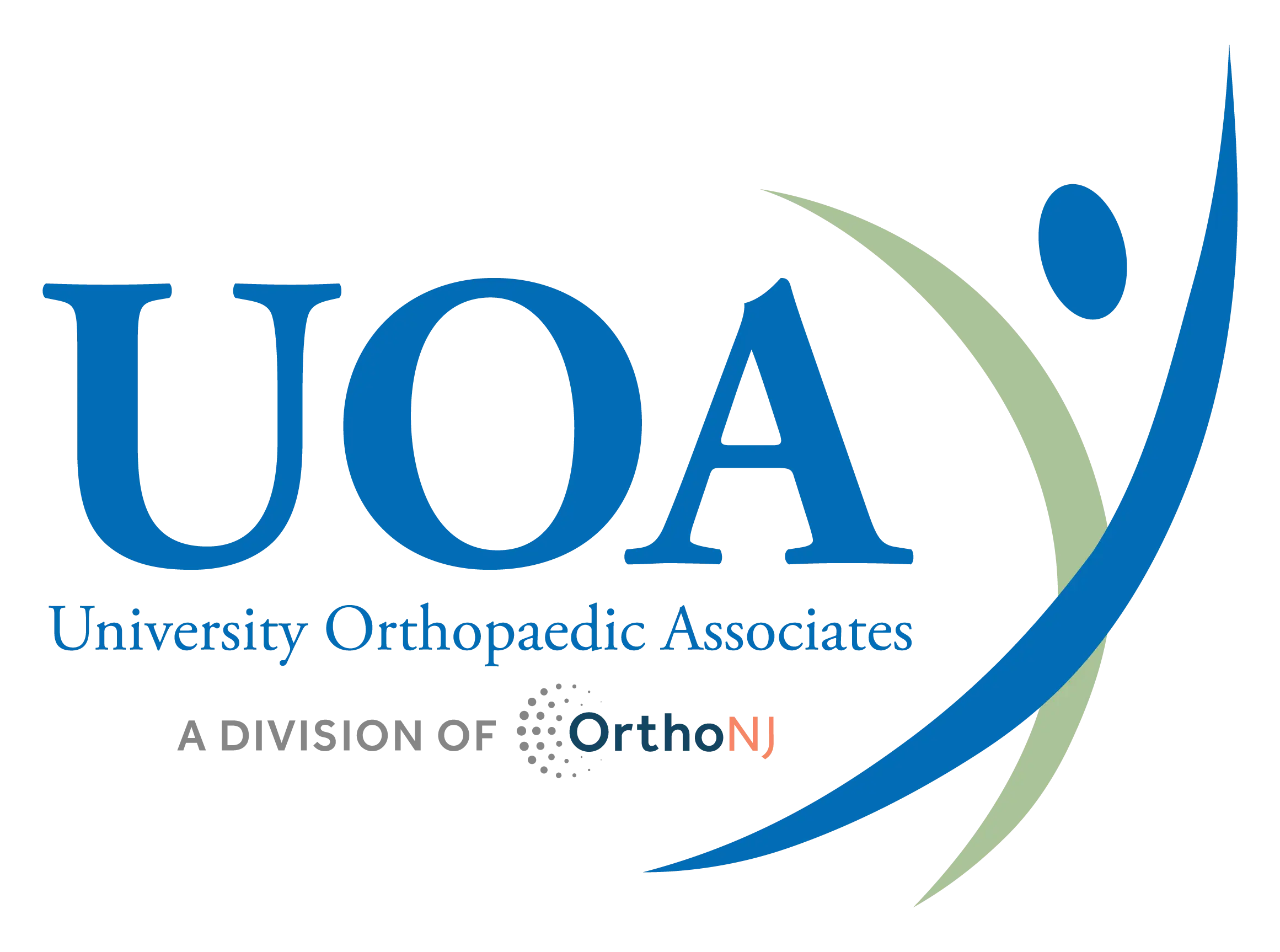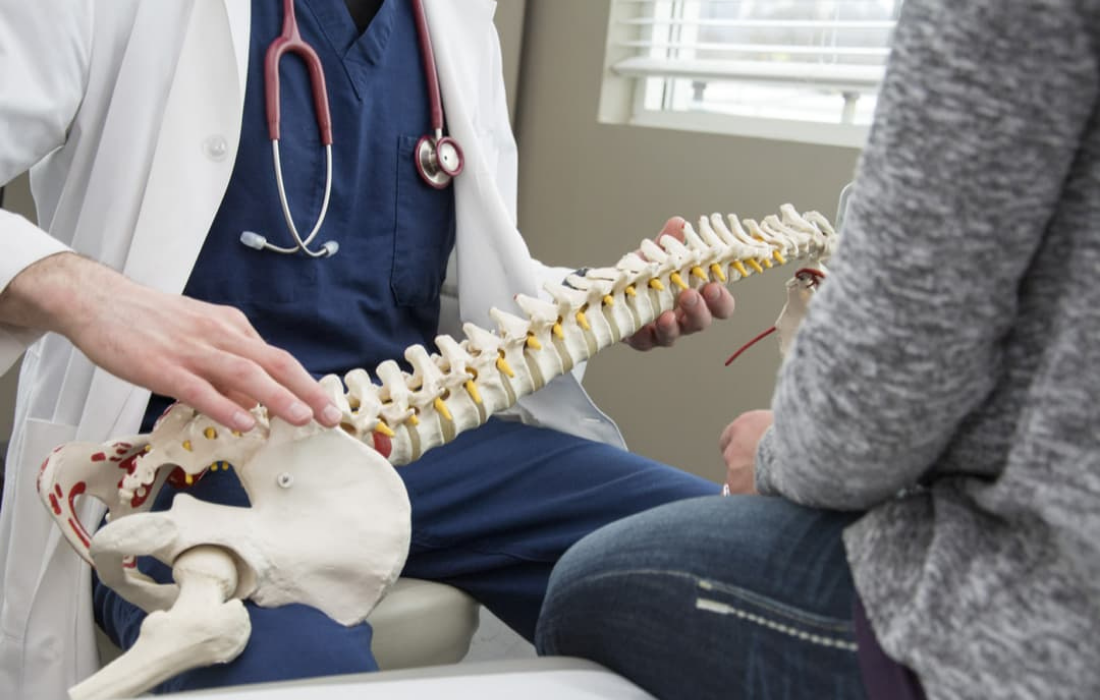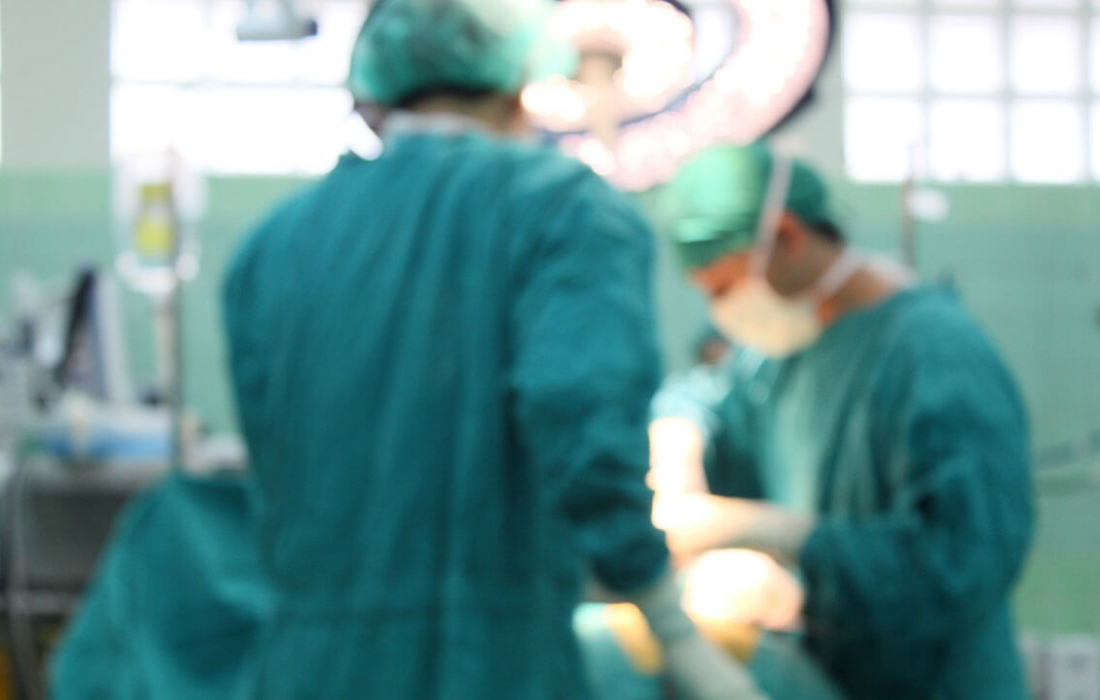A herniated disc causes persistent pain, numbness and weakness, affecting your ability to perform daily activities. When conservative treatments like physical therapy and medications don’t provide relief, you could be a good candidate for a discectomy. This minimally invasive procedure removes the damaged portion of the disc to relieve pressure on your nearby nerves. As a result, you get improved mobility and reduced discomfort. At University Orthopaedic Associates (UOA), our spine specialists use advanced techniques to provide effective treatment and a fast recovery.
What Is a Discectomy?
During your discectomy, we remove a portion of your herniated or damaged spinal disc to relieve the pressure on your spinal cord or nerve roots. When a disc ruptures or bulges, it could start to press against the nerves, causing pain, numbness, tingling or muscle weakness. By removing the affected portion, a discectomy can help reduce these symptoms and improve function.
Types of Discectomy
The type of discectomy we recommend will depend on the location of the herniated disc and the severity of your symptoms. A lumbar discectomy, the removal of a damaged disc from your lower back, is effective for treating sciatica or lower back pain. The two most common types of discectomies for the lower back are:
- Microdiscectomy: This is a minimally invasive approach where we use a microscope or specialized camera to remove only the damaged portion of the disc with a small incision.
- Endoscopic Discectomy: Endoscopic discectomy is a highly specialized, minimally invasive procedure that we perform using a thin, flexible tube with a camera. The endoscope helps us target and remove the herniated portion of the disc with minimal disruption to surrounding tissues.
A cervical discectomy, the removal of a damaged disc from your neck, is typically performed along with a fusion, a procedure called Anterior Cervical Discectomy and Fusion (ACDF). During this neck surgery, we remove the damaged disc in your cervical spine and fuse the adjacent vertebrae to restore stability. ACDF is the standard approach for cervical disc issues.
Each approach has its advantages, and your spine surgeon at UOA will work with you to find the best option based on your condition.
When Is a Discectomy Necessary?
We may recommend a discectomy if non-surgical treatments fail to relieve symptoms caused by a herniated disc. You might be a candidate if you have:
- Severe pain in your back, neck, arms or legs that does not improve with physical therapy or medication.
- Numbness or tingling in your limbs as a result of the nerve compression.
- Muscle weakness that limits your mobility or ability to conduct your normal daily activities.
- Loss of bladder or bowel control. This is a rare but serious condition called cauda equina syndrome, which requires immediate surgery.
If these symptoms persist and impact your quality of life, a discectomy may provide lasting relief.
Who Is a Candidate for Discectomy?
You may be a candidate for a discectomy procedure if:
- Your pain has a significant impact on your daily activities.
- Imaging tests, like an MRI or CT scan, confirm that you have nerve compression from a herniated disc.
- You have tried conservative treatments like medications, injections and therapy without success.
- You have good health overall and are able to recover from surgery.
A consultation with a spine specialist at UOA will help determine if discectomy is the right treatment for you.
Recovery After Discectomy
We can perform most discectomy procedures on an outpatient basis. That means you can go home the same day. Recovery times vary, but you should notice significant pain relief within a few days to weeks.
Key aspects of recovery include:
- Walking as soon as possible will help reduce any stiffness and improve your circulation.
- Avoiding heavy lifting, bending and twisting for several weeks.
- You should start returning to light activities within a few weeks, with a gradual increase in intensity.
- Make sure to attend all of your physical therapy appointments to help regain your strength and mobility.
Microdiscectomy and endoscopic discectomy offer faster recovery times, with many patients resuming normal activities within 2–6 weeks. ACDF may require a longer recovery period.
Get the Best Spine Care at University Orthopaedic Associates
At University Orthopaedic Associates (UOA), our spine surgeons specialize in advanced discectomy techniques to provide minimally invasive, effective treatment for herniated discs. Whether you need a microdiscectomy, endoscopic discectomy or ACDF, our team is here to help you find relief and restore mobility. If you are experiencing persistent back or neck pain, contact University Orthopaedic Associates to schedule an appointment with one of our spine specialists today.




